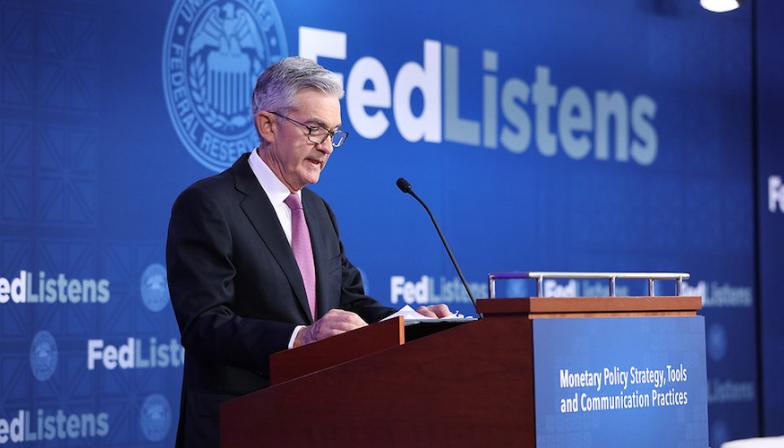“This decade is coming to an end, and the devil is here to take his due,” writes Peter Schiff. The US economy may be faced with the problems that the longest growth in recent years may soon end. But, as usual, the financial media and main investors are again optimistic, as the stock market grows.
Looking at the numbers as a whole, it becomes even clearer that the recent economic growth was simply a function of debt creation. In 2015, to nominally grow the economy by $ 515 billion, we added $ 781 billion in debt, and the net loss was $ 266 billion. In 2018, in order to grow the economy by $ 1.033 trillion, we had to increase the debt by $ 1.481 trillion, and the net loss was $ 448 billion. Nevertheless, those who are most pleased with the current economy (as a rule, are leaders in support of the Trump administration) love to talk about how much better we are doing now than under Obama.
In his speech on Tuesday this week in Chicago, Fed Chairman Jerome Powell delighted Wall Street, saying that the Fed could soon give a gift that investors had hoped for ... the first decline in interest rates in nearly a decade. The negative conviction is that the Fed can change the course, promote the inflated balance and normalize interest rates, supported the course of the game and strengthened the dollar. Now that illusion can collapse, the dollar may not survive the next round of rate hikes.
China, Russia and many emerging market countries were active buyers of treasury bills during these first rounds, they could probably be sellers of treasury bills in the next round. This means that inflation created to finance QE will not be exported. Therefore, the next time a large price increase may occur in the supermarket, and not in the stock market. The Americans will finally be forced to fight the negative effects of inflation, which we have spared over the past 10 years.
But the biggest shadow hanging over the economy comes from the uncertainty created by President Trump’s multi-disciplinary trade war. As negotiations between the US and China failed, and rhetoric on both sides began to resemble measurements of the times of the Cold War, economists had to consider the likelihood of rising consumer prices, supply chain disruptions and falling exports. Worse, the situation with China looks as if it will deteriorate before it gets better. And only this week it became even harder when Trump shocked everyone with his unexpected tariff statements against Mexico. Although the administration has already invested a lot of political capital in negotiating and promoting the US-Canadian Trade Agreement (USMCA - replacing NAFTA), the president seemed more than willing to risk blowing up the entire agreement in pursuit of border security.



